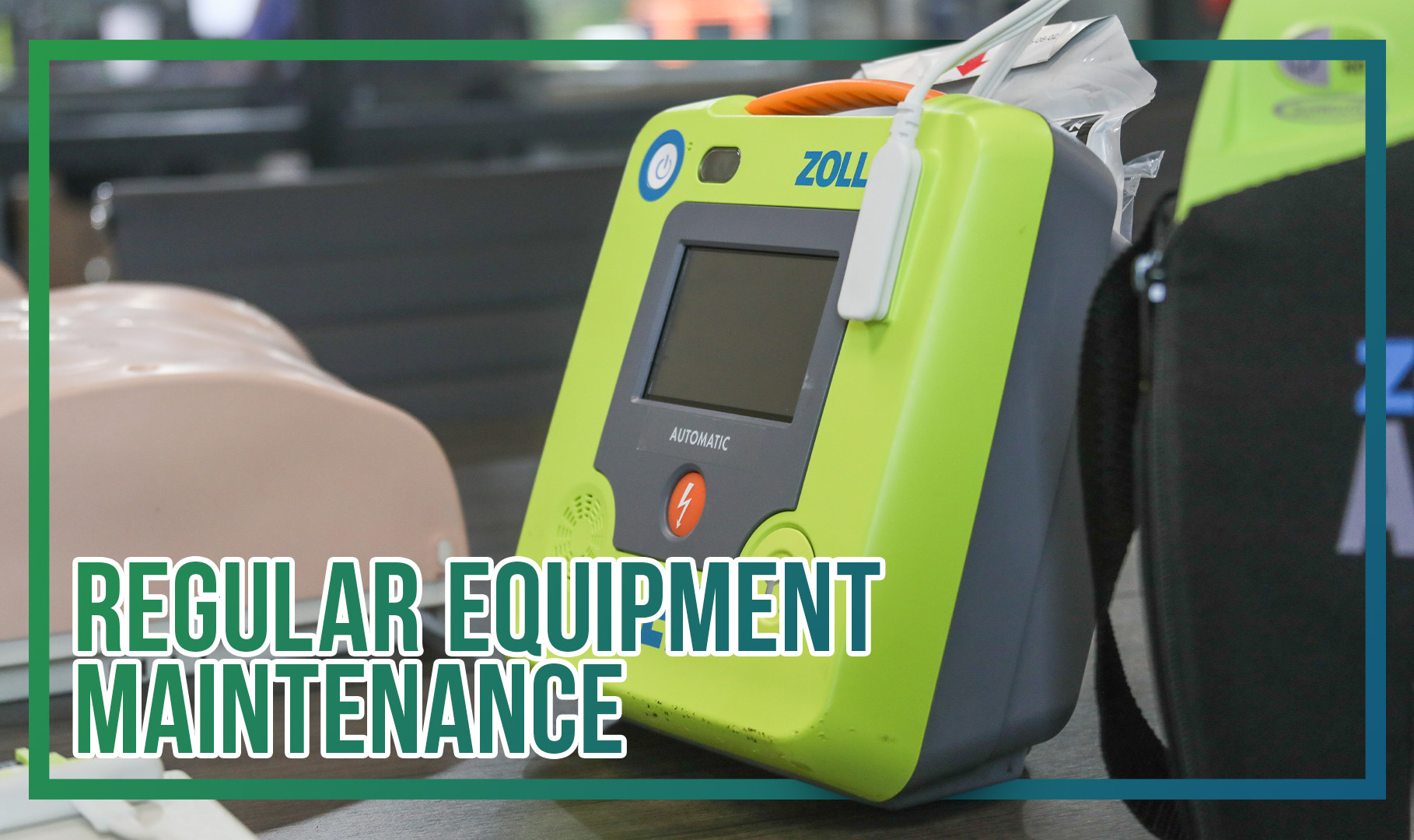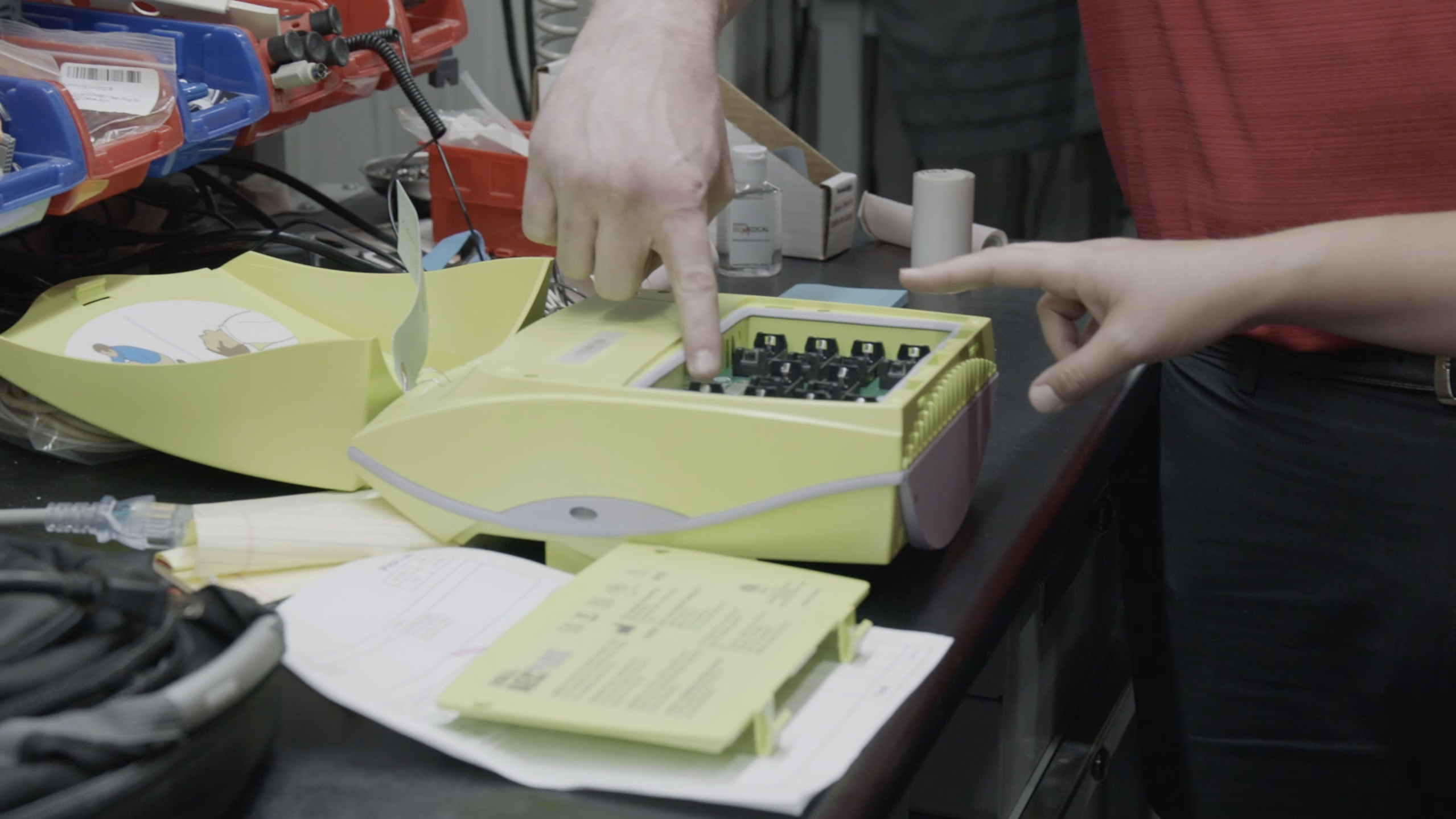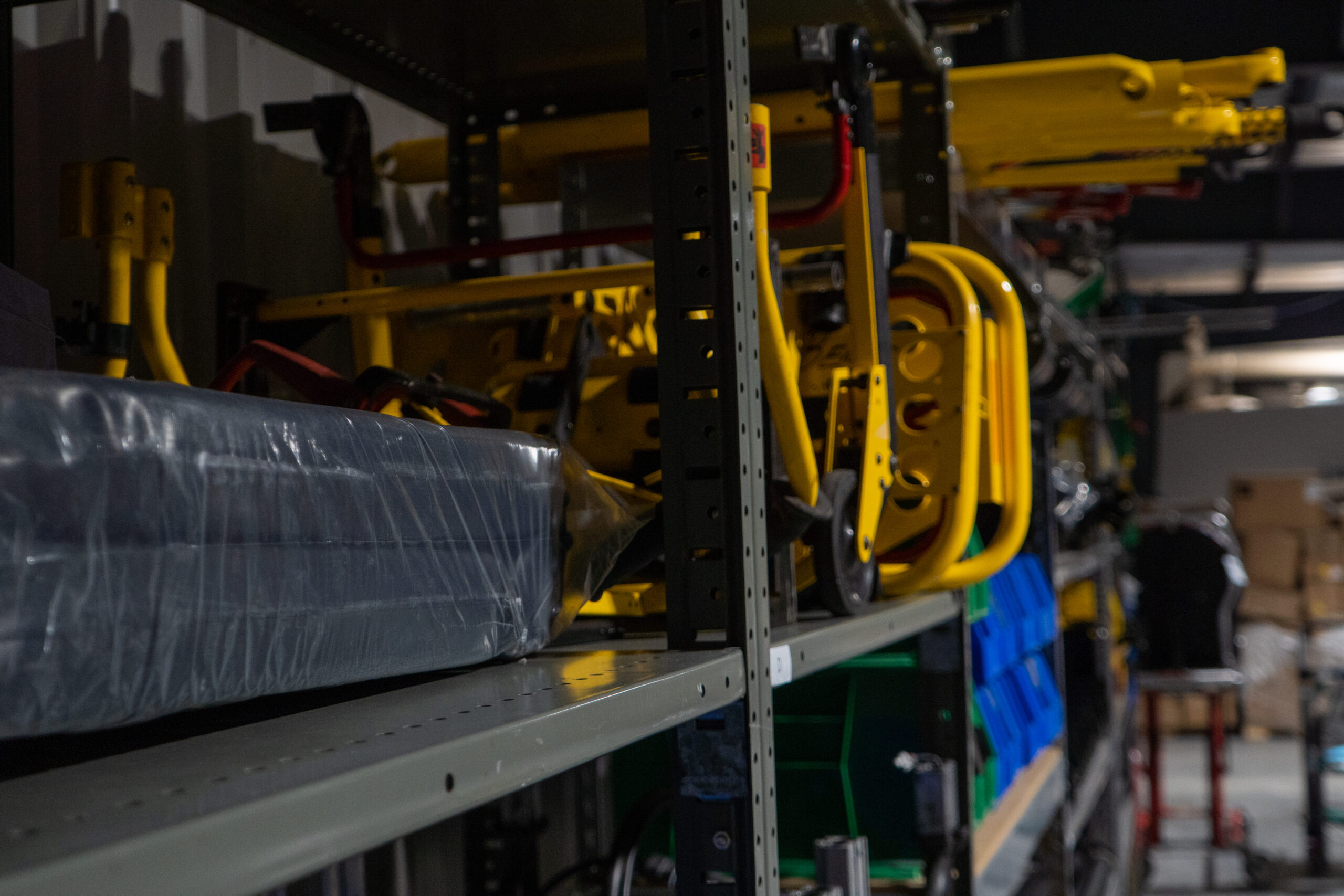Blog
The Importance of Regular Maintenance

At Master Medical Equipment, we recognize that your equipment is your lifeline as an EMS agency or first responder. You rely on it in emergencies to save lives and provide the best possible care to your patients. But what happens when that equipment isn’t calibrated right or hasn’t been maintained properly? The consequences can be disastrous, leading to delayed response times, misdiagnoses, or even death.
As a capital medical equipment provider, our goal is to ensure the optimal performance of your medical equipment, particularly for Emergency Medical Services and first responders. Regular medical equipment maintenance ensures reliability, functionality, and safety, ultimately saving more lives while also easing your budget. Let’s examine the importance of regular equipment maintenance for pre-hospital response and how it benefits EMS agencies, paramedics, and patients.
It’s no surprise that regular maintenance helps ensure your equipment is always ready for use. EMS and first responders rely on AEDs, defibrillators, infusion pumps, ventilators, stretchers, and other equipment to help save lives. Your equipment must work as fast as you do, with extreme accuracy and dependability. Calibration errors can lead to disaster. Additionally, mistreated equipment is more prone to error or malfunctions, which, at best, wastes precious time and, at worst, can have life-threatening consequences.
Regular maintenance also helps keep EMS agencies cost-efficient. Well-maintained equipment lasts longer, requires fewer repairs, and is less likely to break down. This service reduces the need for repairs and delays the need to purchase replacement equipment. Additionally, regular maintenance and calibration can detect minor problems before they become significant, meaning you lower your long-term cost of ownership.
Furthermore, regular maintenance can save time for EMS agencies and first responders. Every second counts in an emergency and any delay caused by malfunctioning equipment can be catastrophic. By ensuring that equipment is always in good working order, EMS agencies and first responders can reduce the time spent troubleshooting equipment and focus on delivering patient care.
For example, a defibrillator is vital for restoring normal heart rhythm in patients experiencing cardiac arrest. If a defibrillator is not regularly maintained and calibrated, it may cause delays or deliver inaccurate information. Regular maintenance can help detect faulty batteries, worn electrodes, and malfunctioning leads, which you can address before they cause a serious problem.
Another example is EMS stretchers, an essential part of patient safety and transport. Over time, stretchers can become worn and damaged, leading to an increased risk of injury for the patient or EMS provider. Regular maintenance and refurbishing can help address issues such as worn belts, faulty brakes, and broken motors, ensuring the stretcher is always in good working order.
Over time, stretchers can become worn and damaged, leading to an increased risk of injury for the patient or EMS provider. Regular maintenance and refurbishing can help address issues such as worn belts, faulty brakes, and broken motors, ensuring the stretcher is always in good working order.
Regular maintenance ensures your patient and staff’s safety and well-being. At Master Medical Equipment, we understand the importance of routine maintenance and offer comprehensive services to help you keep your equipment in top shape. We offer Preventative Maintenance and repairs through our certified biomedical partners, ReNew Biomedical. We also offer Service Contracts, which include “bumper-to-bumper” coverage on all regular wear and tear, as well as annual PM/Calibrations. Contact us today to learn more about how we can help you save money and extend the life of your equipment.
